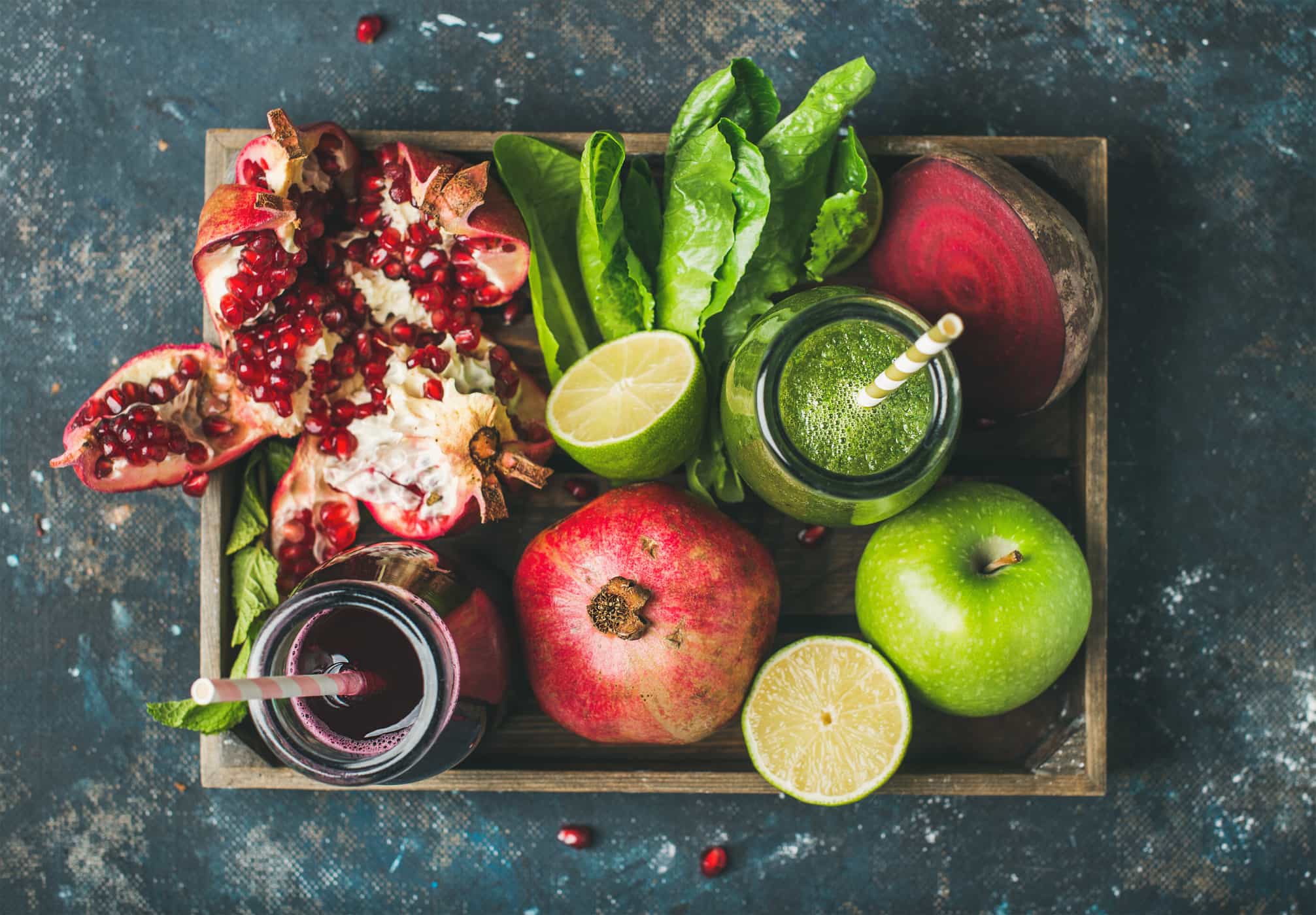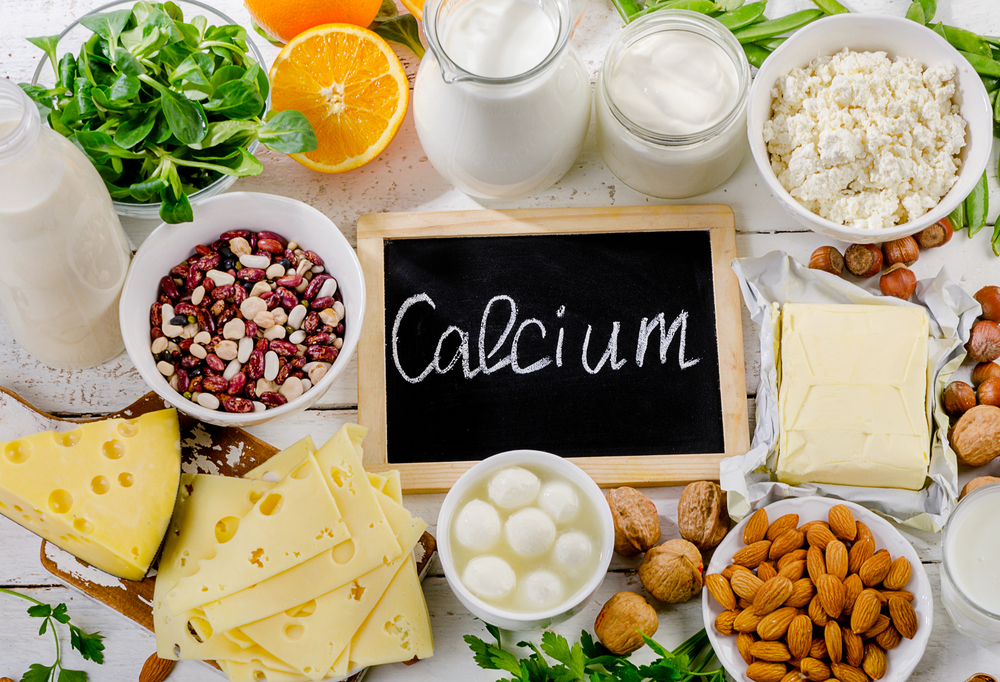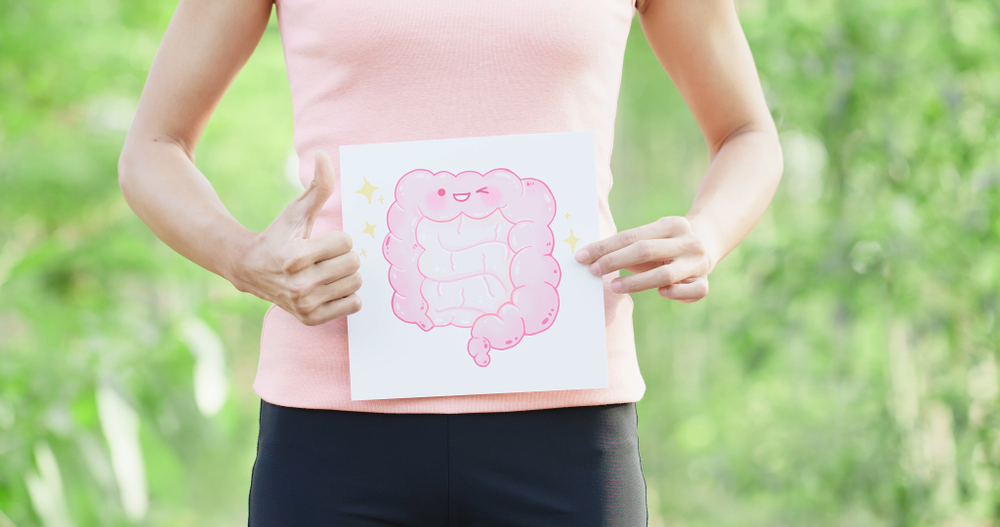Contents:
- Medical Video: The Drs: Vegan & Vegetarian Diets Cause Depression
- Overview of depression and its causes
- Depression is one of the risks of a vegetarian lifestyle
- Nutrition from animal sources can be obtained from supplements
Medical Video: The Drs: Vegan & Vegetarian Diets Cause Depression
Vegans and vegetarians can enjoy long life up to six to nine years longer than meat eaters. The diet of fruits and vegetables is indeed reported to be better for maintaining heart health and preventing various chronic diseases. But that does not mean the vegetarian diet does not have its own adverse effects on health. Depression is one of the risks of being a vegetarian that you must be aware of.
Overview of depression and its causes
Depression is a chronic psychiatric disorder that makes a person feel sadness is sustained and very desperate so that it falls at its lowest point. This condition can last for six months or more.
This drastic emotional change will have a negative impact on stamina, appetite, sleep patterns, and concentration levels to make it lose motivation and enthusiasm to undergo activities that are usually undertaken.
So, people who suffer from depression generally find it difficult to carry out daily activities such as working, eating, socializing, studying, or driving normally. Anyone can get depressed, especially if there is a history of depression in your immediate family.
Depression is one of the risks of a vegetarian lifestyle
According to a German study which included 4,181 respondents, it was found that a vegetarian diet had a negative effect on mental health. The results of this study report that people who undergo a vegetarian diet for at least 2 months are more at risk of experiencing acute depression, while the non-vegetarian group does not.
Because, although it is more healthy, the vegetarian diet is not considered ideal because it does not pay attention to nutritional variations. Vegetables and fruit are enriched by a variety of vitamins and minerals that are important for the body. Unfortunately, there are not as many other nutrients in vegetables and fruits as found in meat.
Some nutrients are high enough and are found in animal-based foods (red meat, poultry, seafood, eggs, and dairy products) are omega-3 fatty acids, protein, vitamin B-12, folic acid, and iron. In addition to maintaining bodily functions to remain optimal, a number of nutrients from animal sources also play a role in maintaining brain and mental health. So, it is not impossible you can experience a shortage of certain nutrients if you undergo a vegetarian diet.
Lack of omega-3 intake, for example, will result in an imbalance of two major chemical compounds in the brain responsible for regulating mood, namely serotonin and dopamine. One risk factor for depression is low serotonin levels. The lack of these two compounds over a long period of time will cause symptoms of depression, including being easily tired, lackluster, and always feeling sad. Lack of vitamin B12 and folic acid in the body will also affect the production of serotonin and dopamine so that symptoms of depression can emerge.
Meanwhile, although some types of vegetables and fruits contain enough iron, the quality is not as good as that obtained from animal food sources. Iron from animal food sources is also digested faster by the body than vegetable sources. In the body, iron binds to oxygen to maintain the function of various cells in the body. Iron also functions to maintain the health of cells and brain tissue, so iron deficiency can have a fatal impact. One of the effects that arises is a decrease in cognitive function, memory loss, and various other mental health disorders, including depression.
Nutrition from animal sources can be obtained from supplements
You who have or will become vegetarians do not need to worry and consume meat in large quantities. Currently there are various health supplement products and foods that have been added with vitamins and nutrients above, so that they can help meet your daily needs.
Also check your health regularly so that the early symptoms of depression can be detected as early as possible so that you can plan the control and treatment steps.












